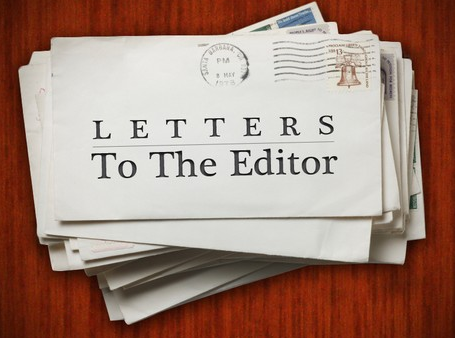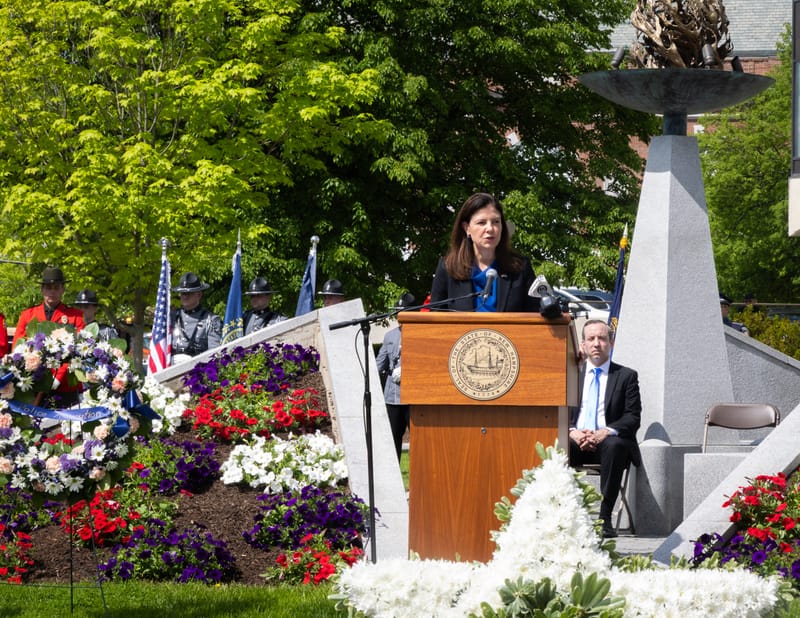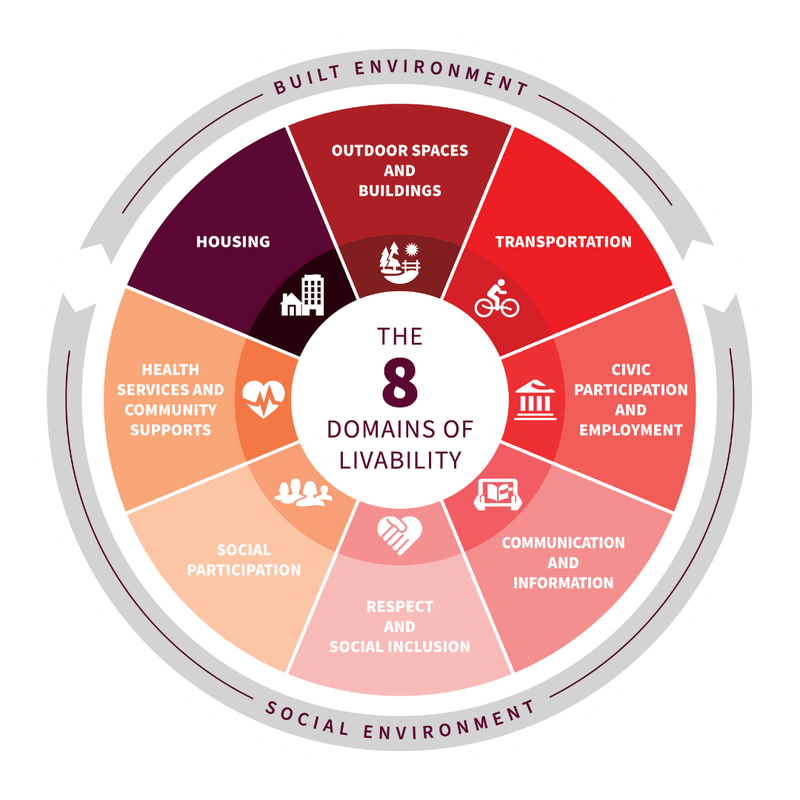State Reps: Please ITL HB 1002 on Thursday
Last week the New Hampshire House of Representatives voted 193-179 to adopt the recommendation for HB 1002, a well-intentioned but seriously flawed bill that could have significant consequences on the public’s right to know about government activities if it becomes law. A request to reconsider that
O P I N I O N
LETTERS

Last week the New Hampshire House of Representatives voted 193-179 to adopt the recommendation for HB 1002, a well-intentioned but seriously flawed bill that could have significant consequences on the public’s right to know about government activities if it becomes law. A request to reconsider that vote has been placed by Lisa Smart (R-Meredith) and hopefully the House can take this opportunity to reverse last week’s decision.
Under this bill, public agencies would be able to charge up to $25 an hour for requests exceeding ten hours, but it is unclear what would trigger this threshold. Could a government employee just say that making a photocopy would exceed ten hours? That sounds foolish, but in the proposed change to state law, there is nothing that could preclude that from happening, let alone stalling tactics to obscure potentially more nefarious deeds by local officials until the requester could no longer afford to pay for the request.
While testimony for the bill in committee indicated that commercial entities are the largest source of strain for government employees, in recent years there have been a flurry of potentially spurious requests from individuals that also take up significant amounts of time for government employees tasked with records keeping.
Here as well, this bill would likely not alleviate problems for those government employees. Conspiracy theorists with the funds to ask for enormous requests could still do so and those without the funds would see the effort as confirming their own paranoia. There are also some requesters who ask for documents with the sole purpose of stopping government officials from doing their job, with no intention of ever picking up the documents they request, making the matter of exchanging any money for those documents a moot point.
Several arguments on the floor of the house for the bill were also flawed.
Michael O’Brien (D-Nashua) said that municipalities now store many records online. That is true for some municipalities, but not all of them and there is a vast array of government records outside of what’s handled by a town hall or city hall ranging from police reports to fire safety plans to lot line maps and deeds and more.
Bob Lynn (R-Windham) also stated that just because the public has the access a document does not mean they have the right to access it for free. This is also true, but within reason. As an analogy, imagine that a toll booth here in New Hampshire jacked up its price to $100. In that situation, would average people be able to continue using that road? Is that new price truly intended to pay for maintenance of that road or is it to deter all but a privileged few from using it?
The shortfalls of this bill could be addressed by harnessing more tangible metrics than the amount of hours needed to fulfill the requests, such as the amount of paper pages needed or megabytes in a digital file or what have you. However, to quote the cliché that many state representatives use in the well up in Concord, this bill as it is now is not “ready for prime time.”
Andrew Sylvia
Assistant Editor, Manchester Ink Link





